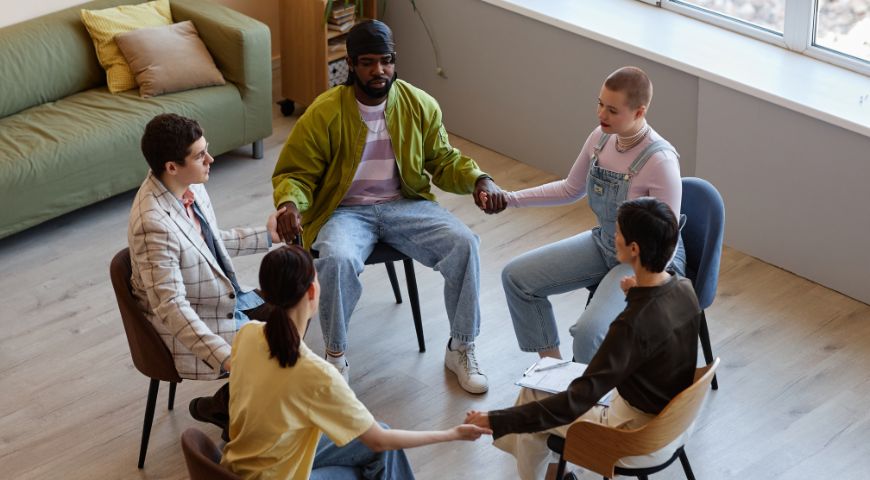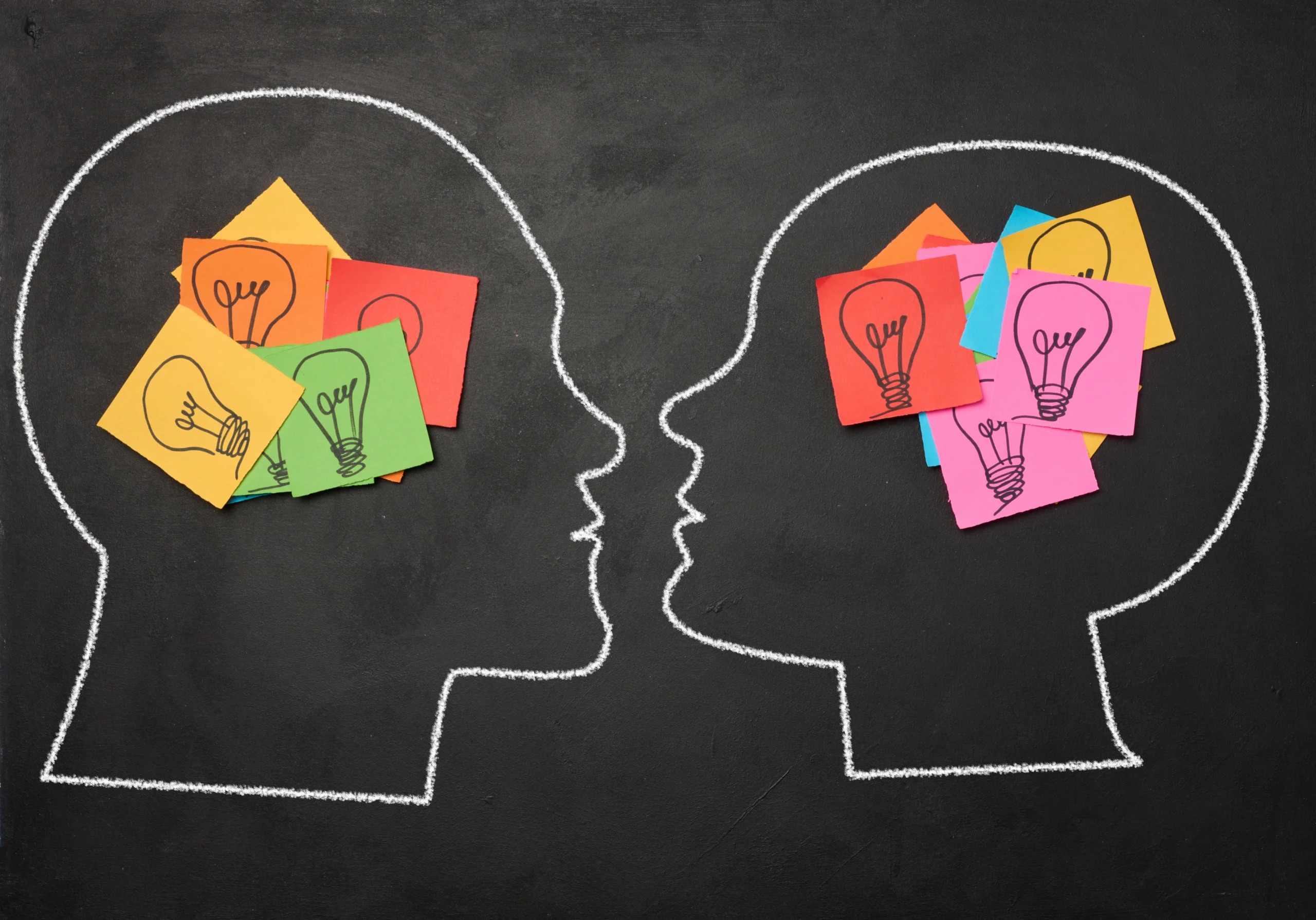As a psychologist in India who specializes in depression therapy, I’ve seen how isolating and overwhelming depression can feel. Many of my clients come to me feeling like they’re battling this condition alone. While individual therapy is incredibly effective, I often recommend group therapy as a complementary approach. Group therapy can offer something unique: a sense of community and shared understanding that is essential for healing.
What is Group Therapy?

Group therapy involves one or more therapists working with a small group of people who are experiencing similar challenges. The group meets regularly to discuss their issues in a safe, supportive environment. There are many types of group therapy, including support groups for depression, anxiety, trauma, and other mental health issues.
In group therapy for depression, for instance, participants share their experiences with the condition, listen to others, and provide feedback. This mutual support can be incredibly empowering, as it helps individuals realize that they are not alone in their struggles.
Why Group Therapy for Depression?
When you’re struggling with depression, it’s easy to feel isolated or misunderstood. The feelings of loneliness can exacerbate the condition, making it even harder to manage. Group therapy offers an opportunity to connect with others who are going through similar experiences.
As someone who facilitates group therapy sessions, I’ve seen how healing this process can be. People in the group often find that others are dealing with the same struggles, fears, and doubts, which can be a powerful source of comfort and validation. This shared experience helps break the isolation that depression creates.
Furthermore, group therapy provides a space where you can learn from others. You might hear how someone else is managing their symptoms or what strategies have worked for them. This exchange of ideas often brings new perspectives and coping mechanisms that you may not have considered before.
How Group Therapy Works
In my practice, I focus on different types of group therapy depending on the needs of the participants. One common approach is Cognitive Behavioural Therapy (CBT) in a group setting, where we work on identifying and changing negative thought patterns. This is especially useful for managing the distorted thinking often associated with depression.
Another approach is support-based group therapy, where the emphasis is on sharing personal experiences and providing emotional support. Both methods have their strengths, and I often incorporate elements of both into my sessions.
During our group therapy sessions, we maintain confidentiality and create a space where everyone feels safe to speak freely. As the therapist, I guide the discussion, ensuring that each member has a chance to share and that the conversation remains supportive and constructive.
When to Consider Group Therapy
If you’ve been feeling stuck in your battle with depression, or if you’ve tried individual therapy but still feel like something is missing, group therapy might be the right next step. You don’t need to wait until your depression worsens to seek this type of support. In fact, group therapy can be beneficial at any stage of your mental health journey.
If you’re unsure whether you’re dealing with depression, taking a depression and anxiety test can help clarify your symptoms. While a test can’t replace a formal diagnosis, it can provide insight into whether therapy might be beneficial for you.
The Benefits of Group Therapy
One of the most significant benefits of group therapy is the sense of community it fosters. When you’re in a group with others who understand what you’re going through, it helps reduce feelings of loneliness and isolation. This shared connection can also reduce the stigma associated with mental health issues like depression.
Additionally, group therapy allows you to see how others are progressing in their journeys. This can inspire hope and motivate you to continue your own healing. It’s also a great way to practice social skills in a safe, supportive setting, which is especially helpful if your depression has caused you to withdraw from social situations.
Why You Shouldn’t Hesitate
If you’re feeling unsure about group therapy, I encourage you to give it a try. It might seem intimidating at first, but the rewards are well worth it. You’ll gain the support of others, learn new ways to manage your depression, and develop a stronger sense of self-awareness and resilience.
As a psychologist in India, I offer various therapy options, including individual therapy, family therapy, and group therapy. My goal is to provide a space where you feel understood, supported, and empowered to overcome the challenges of depression.
Group therapy is more than just talking—it’s about healing together, learning from one another, and finding strength in community. If you’re ready to take the next step in managing your depression, group therapy could be the support you need. Let’s work together to find the best path forward for your mental health.




